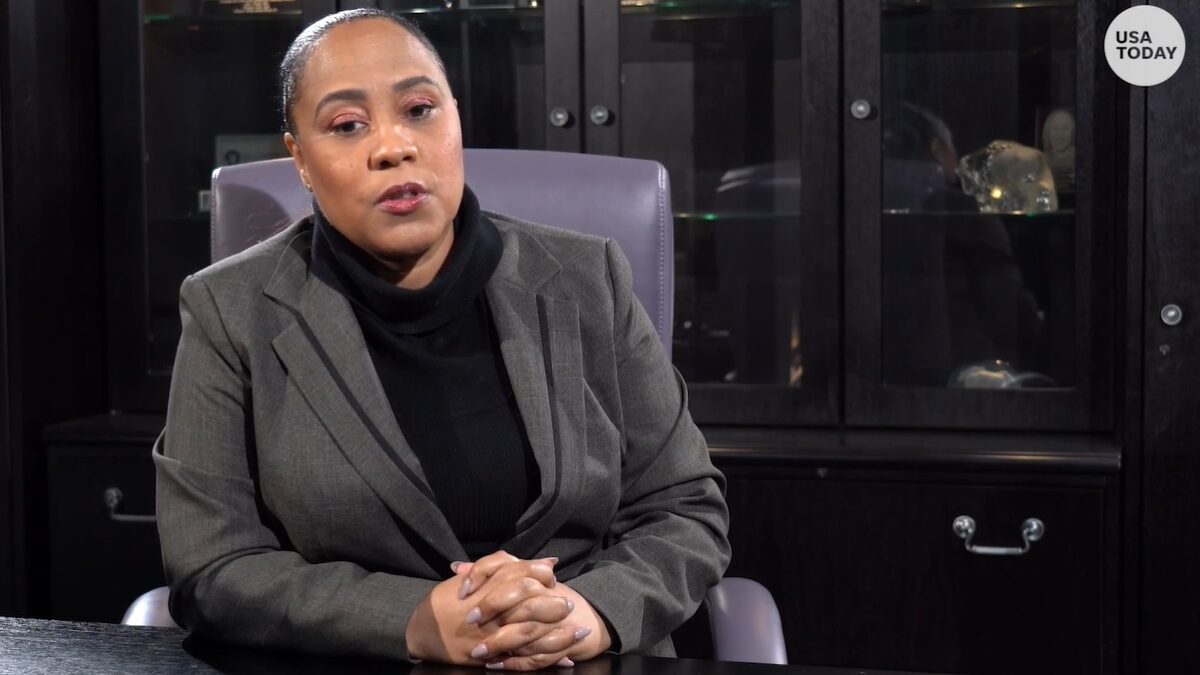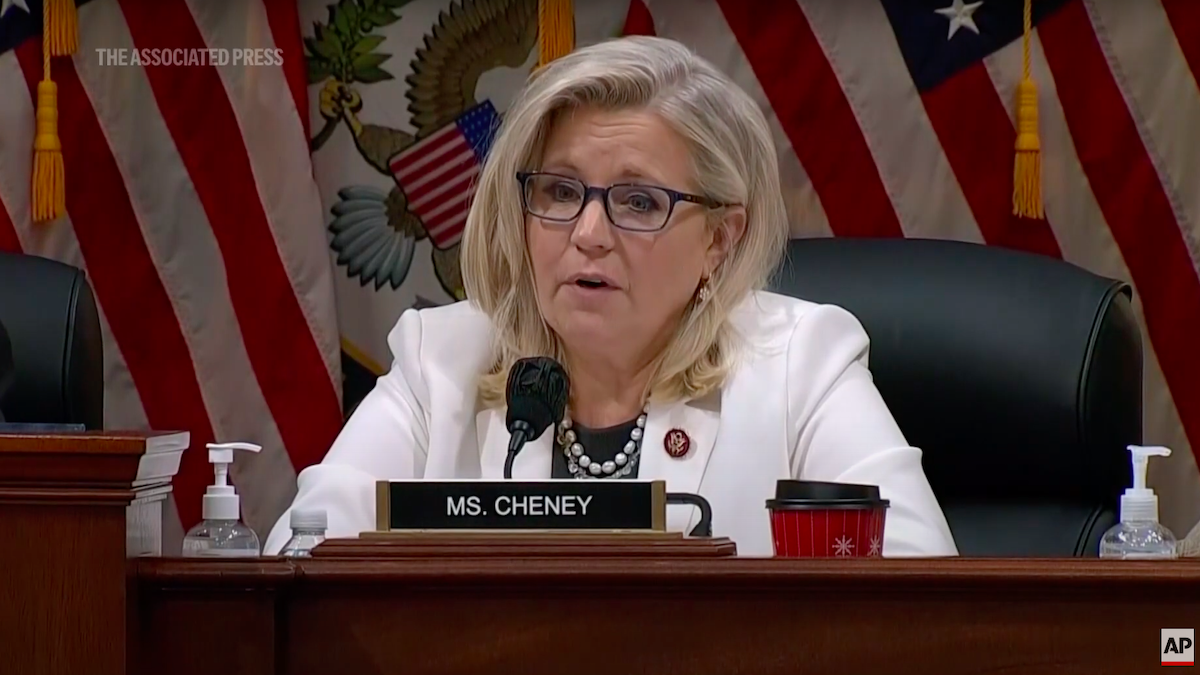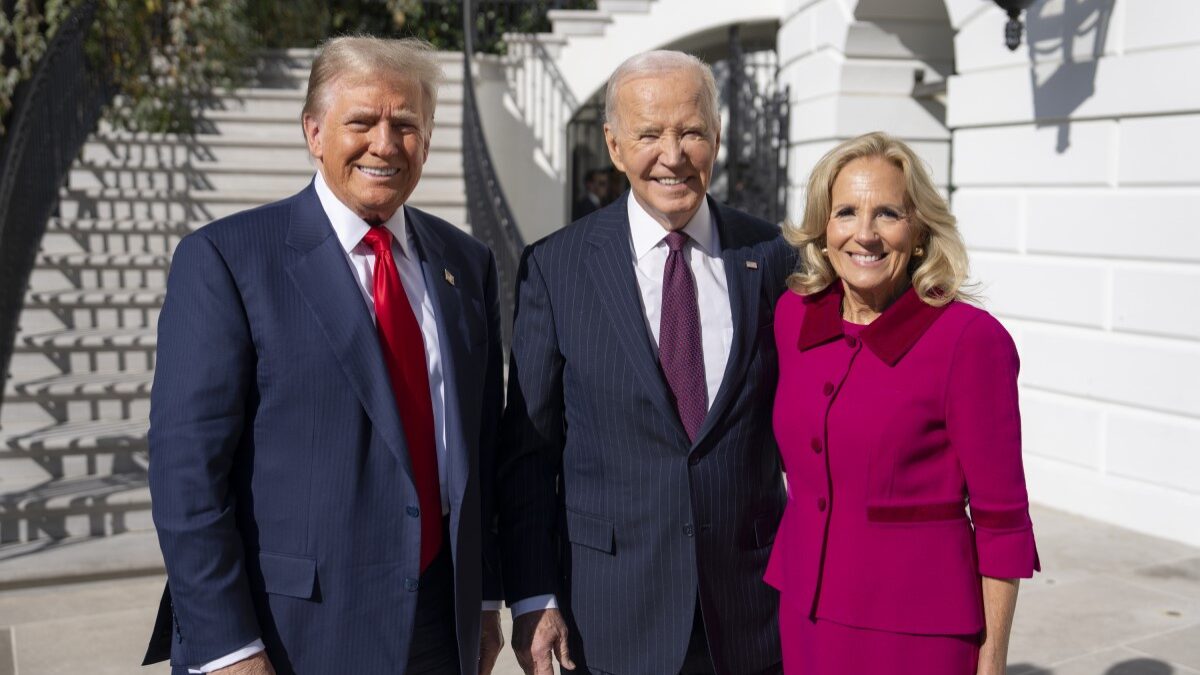Dahlia Lithwick of Slate thinks it can. In a recent piece detailing her pilgrimage to something called “Moral Mondays” — a 99-percent-style rally in North Carolina led by NAACP President Rev. William Barber II — Lithwick enters conservative Gomorrah and laments that progressive policy solutions, on anything from abortion to energy policy, aren’t yet sacrosanct in the United States. She then wonders why Democrats haven’t claimed God and morality as their own. Republicans, after all, are sinners. This is obvious.
For starters, her argument functions under a number of risible notions about American politics.
Democrats have already tried to claim God as their own many times. Every election, Democrats target Evangelicals, who, if I understand the Left correctly, are voting against their own interests. The Lord, you may not know, desires a stout welfare state and frowns on block granting. And during every debate we hear countless secular liberals asking social conservatives what Jesus would or would not be doing in that particular instance (hint: Jesus loves higher marginal tax rates.) It is Democrats who universally refer to budgets as “moral documents” rather than an accounting of income and expenditures, and liberal presidents who frame their agendas as a grand moral choice between good and evil. There are few pundits on the Left who fail to condemn the Right’s crass morality and greediness, rather than merely condemning them for what might be misguided or foolish beliefs.
It is a myth that progressives do not already function with the zealotry of someone who believes they own the moral high ground. Take it from a non-believer: no one is quite as didactic and judgmental as the average progressive politico. Oftentimes, their blind faith puts the most ardent social conservatives to shame. Progressives may have dropped God since their nascent years, but all the other ingredients of faith-based militancy are there.
Take this paragraph from Lithwick’s piece:
As discomfiting as it may be to hear the Bible quoted alongside the Federalist Papers, the truth remains that for most people of most faiths, kicking the poorest and most vulnerable citizens when they are down is sinful. Stealing food and medical care from the weakest Americans is ethically corrupt. And the decades-long political wisdom that only Republicans get to define sin and morality is not just tactically wrong for Democrats. It’s also just wrong. This is a lesson progressives are slowly learning from nuns and the new pope. When we talk of cutting food stamps or gutting education for our poorest citizens, we shouldn’t just call it greed. We should call it what it is: a sin.
As Andrew Sullivan, a person who doesn’t exactly shy away from rebuking “Christianists,” remarked, Catholics, for instance, “may look at a society and see grotesque inequalities and injustices, but it does not have a pre-made, uniform prescription for them.”
This is probably true of most denominations. So what constitutes a progressive sin? Americans society only gives food and medical care to the vulnerable — many billions of dollars each year, after all. It never steals a thing from them. Perhaps we don’t offer as much as Lithwick deems appropriate, and, who knows, perhaps she’s right. But confusing giving and taking is the first sign of a progressive true believer. After food stamp spending skyrocketed in the past 5 years, Washington (including the president, who signed the farm bill) cut future hikes by one percent. Is this a sin? Maybe there are people who genuinely consider dependency something government should be fostering. (As Maimonides put it, the greatest charity of all is to strengthen the poor person’s hand until he need no longer be dependent upon others. Religion!)
Education spending had spiked over the past decades, without commensurate results, so some states have cut back due to budget restraints. Is this a sin? Perhaps some people believe that money isn’t the only answer to creating a better educational system. Maybe some people believe the real “sin” is stealing a poor parent’s ability to choose the school they can send their children to. Maybe they believe that condemning poor children to a lifetime of struggle to shield unions from culpability is the real sin. Maybe some people believe that the capitalism and energy that Lithwick finds so distasteful have created more wealth and opportunities for the underprivileged than all the programs she believes have God’s blessing. And maybe some people believe it’s a sin not to try and save a child from the scalpel in the 8th month of a pregnancy. Maybe they believe protecting life is the fundamental job of any government.
There are also many practical problems with the God-is-a-Democrat storyline. The Left’s attacks on religious freedom — not to mention the attacks on home-schooling and beliefs that have no bearing on policy — probably aren’t going to be helpful in Lithwick’s quest. Also, Republicans, not incidentally, happen to be more religious, more likely to go to church (more orthodox when they do), and more likely to think about God before they vote. The Republican Party reflects these cultural sensibilities. Democrats, on the other hand, are increasingly secular. These are concrete and often intractable difference in how groups view the moral life rather than a matter of dueling policy prescriptions.
Now, I have no clue whose side God would be on. It’s kind of a silly discussion, anyway. But however discomfiting it might be for Lithwick to hear, coercion and charity are not synonymous in either the Federalist Papers or the Bible. And these days one of the biggest differences between the modern social conservative and progressive movements is that one of these groups, despite what you may have heard, is far more inclined to believe in free will and back public policy measures that offer choice. And that group also happens to believe that someone other than government is watching over them.
David Harsanyi is a Senior Editor at The Federalist and author of the forthcoming The People Have Spoken (and They Are Wrong): The Case Against Democracy. Follow him on Twitter.








